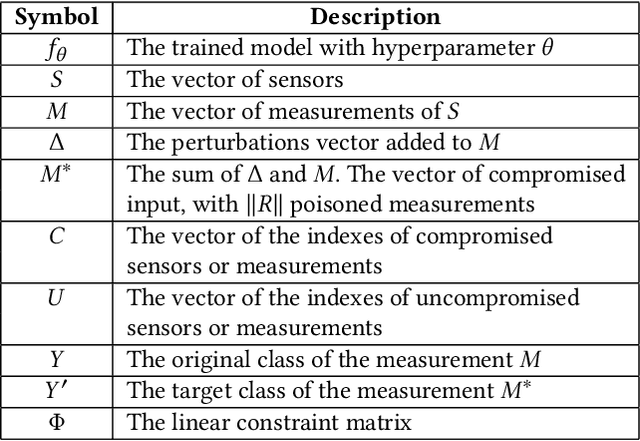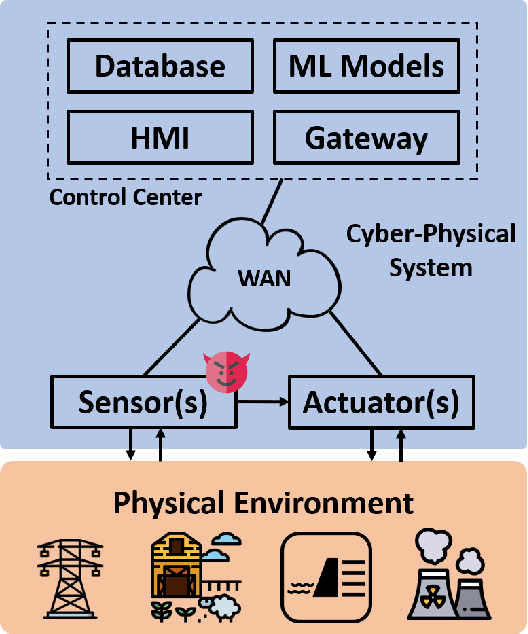Jin Young Lee
360-Degree Video Super Resolution and Quality Enhancement Challenge: Methods and Results
Nov 11, 2024Abstract:Omnidirectional (360-degree) video is rapidly gaining popularity due to advancements in immersive technologies like virtual reality (VR) and extended reality (XR). However, real-time streaming of such videos, especially in live mobile scenarios like unmanned aerial vehicles (UAVs), is challenged by limited bandwidth and strict latency constraints. Traditional methods, such as compression and adaptive resolution, help but often compromise video quality and introduce artifacts that degrade the viewer experience. Additionally, the unique spherical geometry of 360-degree video presents challenges not encountered in traditional 2D video. To address these issues, we initiated the 360-degree Video Super Resolution and Quality Enhancement Challenge. This competition encourages participants to develop efficient machine learning solutions to enhance the quality of low-bitrate compressed 360-degree videos, with two tracks focusing on 2x and 4x super-resolution (SR). In this paper, we outline the challenge framework, detailing the two competition tracks and highlighting the SR solutions proposed by the top-performing models. We assess these models within a unified framework, considering quality enhancement, bitrate gain, and computational efficiency. This challenge aims to drive innovation in real-time 360-degree video streaming, improving the quality and accessibility of immersive visual experiences.
ConAML: Constrained Adversarial Machine Learning for Cyber-Physical Systems
Mar 12, 2020



Abstract:Recent research demonstrated that the superficially well-trained machine learning (ML) models are highly vulnerable to adversarial examples. As ML techniques are rapidly employed in cyber-physical systems (CPSs), the security of these applications is of concern. However, current studies on adversarial machine learning (AML) mainly focus on computer vision and related fields. The risks the adversarial examples can bring to the CPS applications have not been well investigated. In particular, due to the distributed property of data sources and the inherent physical constraints imposed by CPSs, the widely-used threat models in previous research and the state-of-the-art AML algorithms are no longer practical when applied to CPS applications. We study the vulnerabilities of ML applied in CPSs by proposing Constrained Adversarial Machine Learning (ConAML), which generates adversarial examples used as ML model input that meet the intrinsic constraints of the physical systems. We first summarize the difference between AML in CPSs and AML in existing cyber systems and propose a general threat model for ConAML. We then design a best-effort search algorithm to iteratively generate adversarial examples with linear physical constraints. As proofs of concept, we evaluate the vulnerabilities of ML models used in the electric power grid and water treatment systems. The results show that our ConAML algorithms can effectively generate adversarial examples which significantly decrease the performance of the ML models even under practical physical constraints.
 Add to Chrome
Add to Chrome Add to Firefox
Add to Firefox Add to Edge
Add to Edge